Influences on the gender wage gap of Trinidad and Tobago: an economic concept or a social construct?
RESHMA MAHABIR AND DINDIAL RAMRATTAN, CENTRAL BANK OF TRINIDAD AND TOBAGO
Purpose – This paper examines the presence of a gender wage gap in Trinidad and Tobago and its possible influences.
Design/methodology/approach – Investigation of the issue utilised data from the 2008/2009 Household Budget Survey. A combination of linear regression and Oaxaca-Blinder decomposition analysis permits segregation of wage differences into explained and unexplained.
Findings – At the aggregate level, there is a significant difference between male and female wages. Investigation showed that the demographics with the highest levels of discrimination were in the age groups 35–44, income levels $3,000–$5,999 and private sector employment versus public sector.
Social implications – Contrary to males, females continue to exhibit improvements within employment, labour force participation and educational attainment. Continued discrimination within the workplace may erode many of the positives in the last couple of decades.
Originality/value – The results of this research can serve as a useful tool for more gender-sensitive employment policies in Trinidad and Tobago, and possibly the wider Caribbean region.
Keywords Trinidad and Tobago, Gender wage gap, Gender Inequality Index
Paper type Research paper
